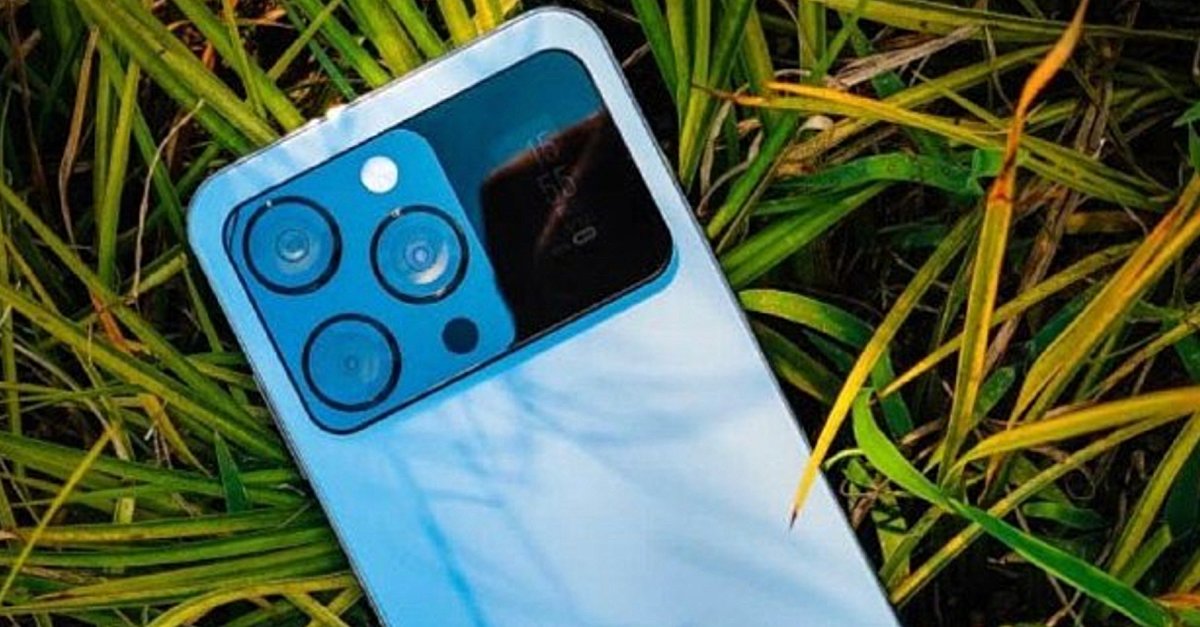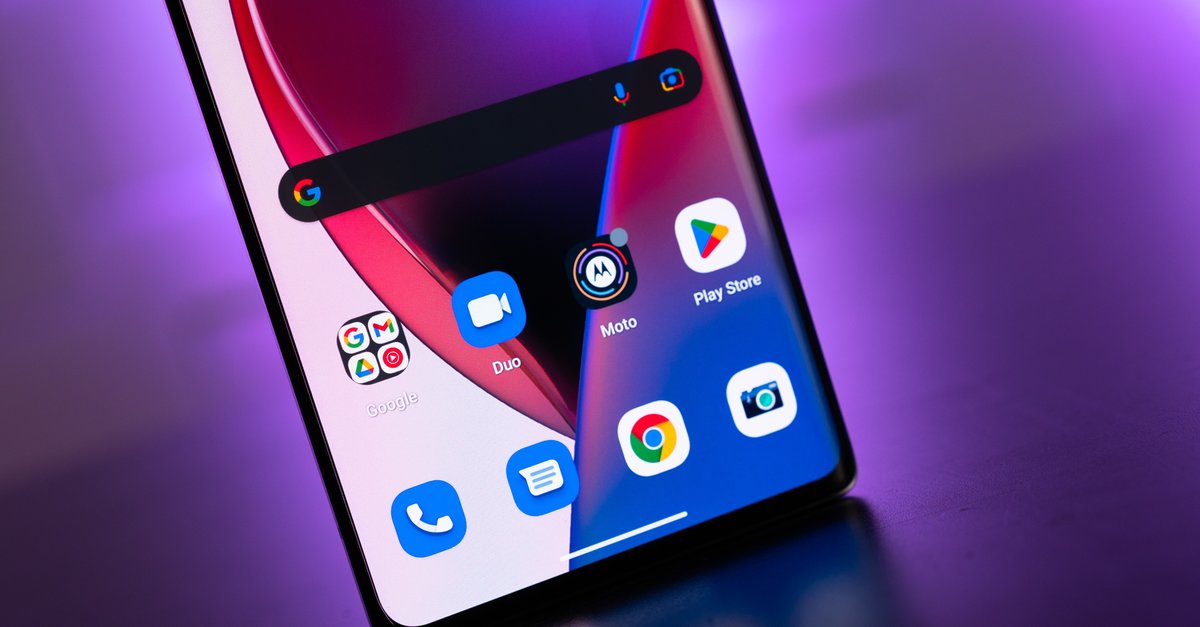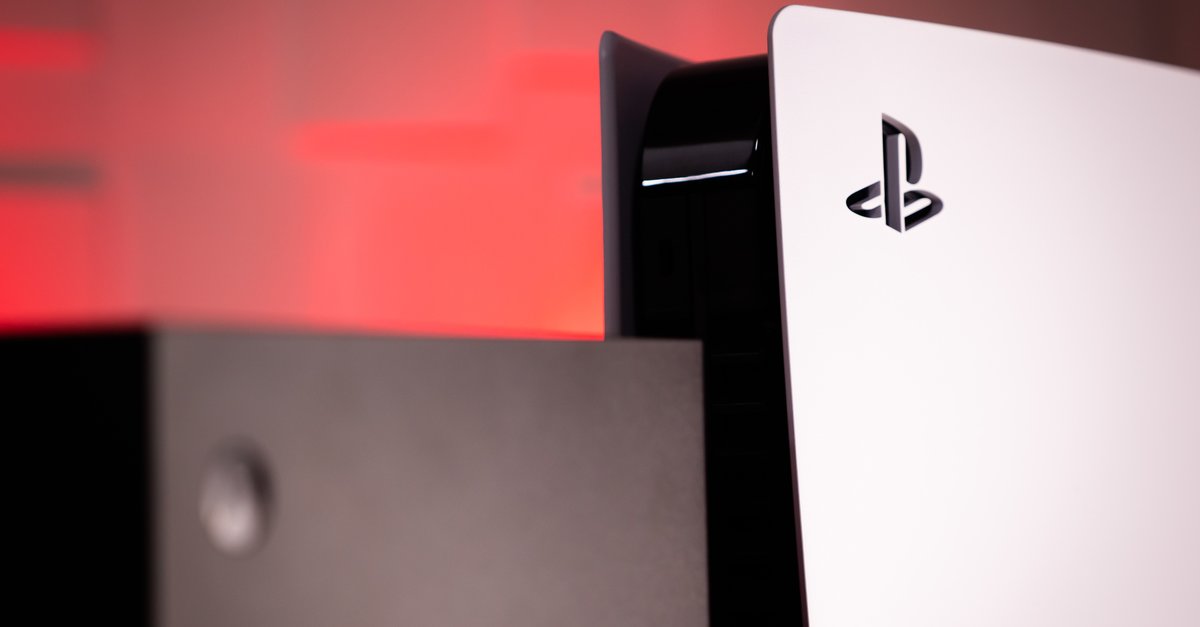ration electricity? The Federal Network Agency could cut back on e-cars
E-cars and heat pumps threaten to become a crucial test for German power grids. The Federal Network Agency is planning restrictions for consumers to ensure that the networks do not collapse at peak times. For e-cars, it could be tight at the socket.
Less electricity for e-cars: This is how the Federal Network Agency wants to ration
How exactly a possible Throttling for private wall boxes for e-cars could look like, revealed Klaus Müller, head of the responsible Federal Network Agency (BNetzA). It’s about the situation: “Everyone comes home and wants to charge their electric car after work. There it is important to prevent network overloads” (Source: manager magazine). This is to avoid blackouts, for example.
To this end, the BNetzA wants to establish regulations that allow electricity providers to throttle the power that can be called up by certain consumers – such as private wall boxes. One complete shutdown, however, is not planned.
“An e-car driver can do that Then charge the battery a little slower. It is expressly not about the fact that an e-car cannot charge at all. In return Electricity customers receive a discount in network charges,” Müller continues.
If there are such cases, they should also be considered a sign for the network operator. Where there are problems with peak loads, the operators would have to “expand immediately”, so he head of the BNetzA.
At first glance, the plan looks like a a real disadvantage for e-car drivers compared to cars with internal combustion engines. The car-free Sundays in the wake of the oil crisis of the 1970s show that too Gasoline and diesel not safe from regulatory intervention are.
On the contrary, e-cars are probably even ahead of the game: for example, photovoltaic systems can make drivers less dependent on mains power. As long as the power grid is not completely shut down, they can continue to deliver energy even when throttled.
With your own balcony power plant, you can make yourself more independent of your electricity provider:
Throttling for e-cars: This could happen in these cases
According to Müller, the BNetzA also expects that “interventions by the network operator only necessary in exceptional cases Even then, however, a charge overnight should still be sufficient for e-car drivers to be able to cover a normal commute the next morning as usual.
So far, however, these are only the plans for new BNetzA regulations. Negotiations are currently under way with various parties that have submitted statements on the authorities’ proposals. Müller expects a decision in the fall so that the Rules effective January 1, 2024 can.


